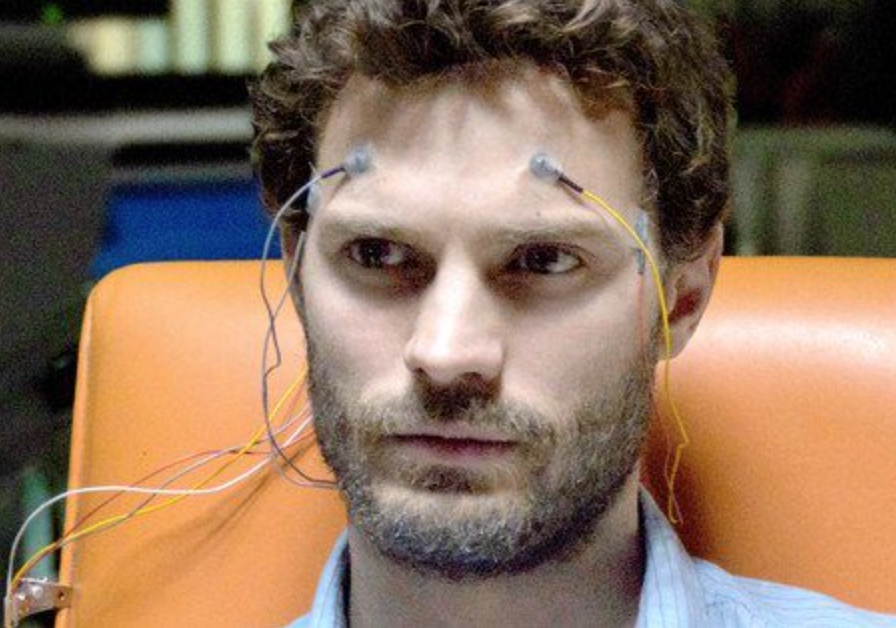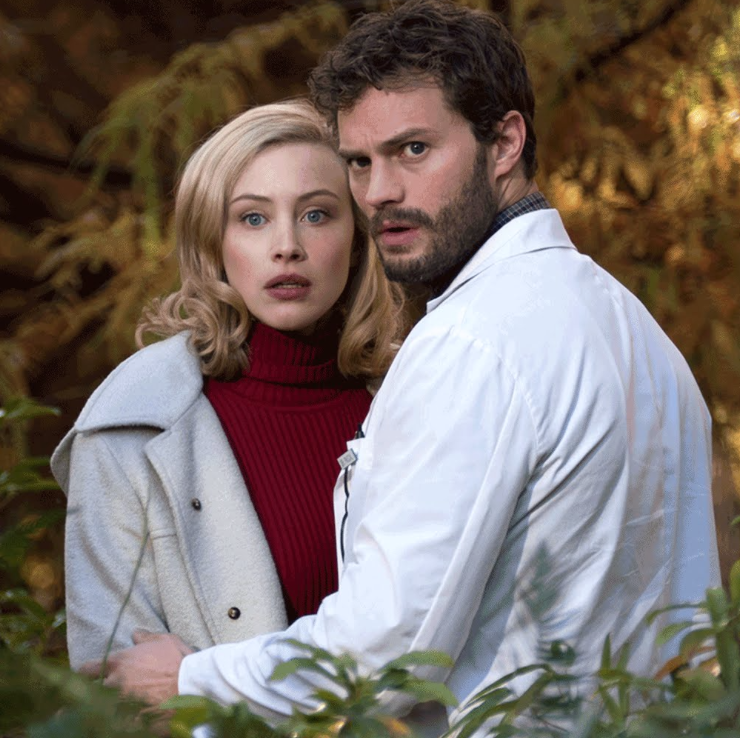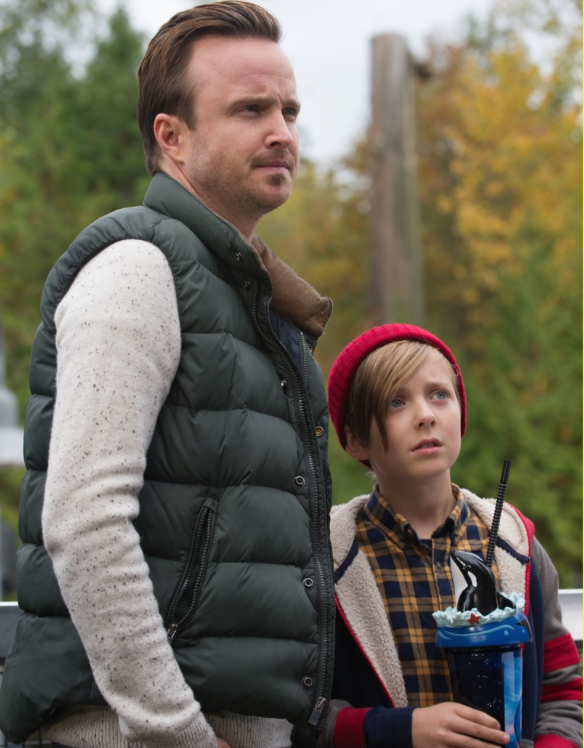 “The 9th Life of Louis Drax” is appropriately titled, not only because it went through many incarnations before its arrival in theaters but because it seems to contain the ghosts of many films within its 108 minutes. Released first as a 2004 novel by Liz Jensen, this story of a profoundly accident-prone boy was greeted with high if occasionally confounded praise. The late director/writer/producer/genius Anthony Minghella immediately bought the rights but died before he could complete an adaptation. His son, the moody-broody actor Max Minghella, eventually took over the project, and wrote a screenplay that has been directed and produced by French horror director Alexandre Aja.
“The 9th Life of Louis Drax” is appropriately titled, not only because it went through many incarnations before its arrival in theaters but because it seems to contain the ghosts of many films within its 108 minutes. Released first as a 2004 novel by Liz Jensen, this story of a profoundly accident-prone boy was greeted with high if occasionally confounded praise. The late director/writer/producer/genius Anthony Minghella immediately bought the rights but died before he could complete an adaptation. His son, the moody-broody actor Max Minghella, eventually took over the project, and wrote a screenplay that has been directed and produced by French horror director Alexandre Aja.
That death and horror that surround this film’s inception extends to its content, for we meet the titular Louis (Aiden Longworth) when he’s already fallen into a coma after falling off a cliff. That the child is unconscious does not curtail his natural chattiness, however, and so we learn about the mysterious circumstances surrounding his accident. Since his birth, it seems young Louis has been using up all the lives typically accorded a cat. His birth was a C-section gone awry, and soon after a light fixture over his crib fell atop him, breaking nearly every bone in his baby spine. Since then, he’s been poisoned by a variety of bacteria and insects that he lists cheerily. His mother, Natalie (Sarah Gadon), says the kid is on his ninth life but it seems like he has defied death more times than we have digits on our hands and feet.
His mother’s an interesting case. Just the fact that she’s played by Gadon should hip you to the fact that trouble is at hand, for the 29-year-old actress has become the shorthand for ruinous beauty this season. (Her gimlet-eyed performance in last month’s “Indignation” shored that film.) The narrative switches between Louis’s perspective and that of his coma physician, Allan Pascal (Jamie Dornan), who’s largely considered a quack for his belief that unconscious children can communicate telepathically. Soon enough, Natalie adds “Lothario” to his bad cred, for the doctor succumbs to her damsel-in-distress despite the fact that his worried wife has been keeping a close eye on him.
(Her gimlet-eyed performance in last month’s “Indignation” shored that film.) The narrative switches between Louis’s perspective and that of his coma physician, Allan Pascal (Jamie Dornan), who’s largely considered a quack for his belief that unconscious children can communicate telepathically. Soon enough, Natalie adds “Lothario” to his bad cred, for the doctor succumbs to her damsel-in-distress despite the fact that his worried wife has been keeping a close eye on him.
At first, it’s hard for us to resist Natalie as well, so we sympathize with the bad doctor’s indiscretions. All fluttering lashes and slender curves, she delivers an airtight sob story just like all the best noir vipers. It seems Peter (Aaron Paul), her drunk, violent husband, has been a thorn in her side since she was eighteen. “He’s the only man I’ve ever been with,” she whispers wetly. On the day of Louis’s accident, the three had reunited for a seaside picnic though the couple was already separated. A fight ensued, and Natalie claims he tossed the boy over the cliffs, a fact that seems corroborated by the fact that Peter fled the scene and hasn’t been seen since.
Or does it?
As we’re not addled by the pleasure of smooching Natalie, we’re able to espy the holes in her story long before Dr. Pascal does – something Aja ensures with glee. Unreliable protagonists comprise the backbone of great horror, don’t you know, and these protagonists are as unreliable as they come. Like all haunted (and haunting) children, Louis delights in sneaking truth into his falsehoods, and in flashbacks we learn that “Fatty,” his shrink (Oliver Platt, a grounding force if ever there were one), has already started to smell a rat in the official line told by the boy and his yummy mummy. Against his own desires, Pascal’s unorthodox methodologies begin to reveal the killer fly in his girlfriend’s ointment.
I won’t spoil the ending but I also won’t pretend you won’t see it coming a mile away. The funny thing is that it doesn’t detract from the pleasure of this film even a whit. Part children’s book, part noir, and part supernatural thriller, its appeal lies in the commitment of these fine actors to their characters’ bullshit, and of this fine crew to the wobbly tale they have tackled. That grim self-conviction that has made Dornan a perfectly lethal Lothario in “50 Shades of Grey” and “The Fall” helps us overlook his Hippocrates Oath transgressions, and Aaron Paul once again mines a raw authenticity that helps us find our way. Shot in bottle greens and celluloid blues with a quivering eye, “The 9th Life of Louis Drax” is a feature-length validation of child psychologist Erik Erikson’s quote. “The first trance is the family trance.”
This was originally published on Signature.
